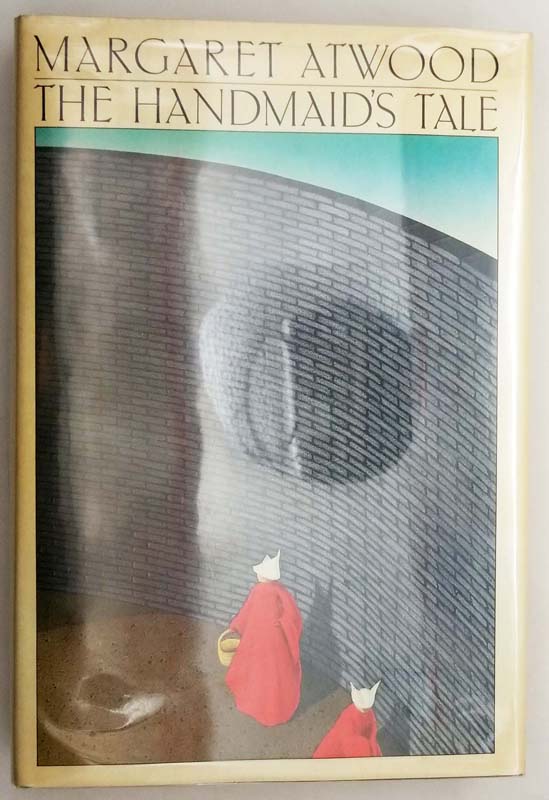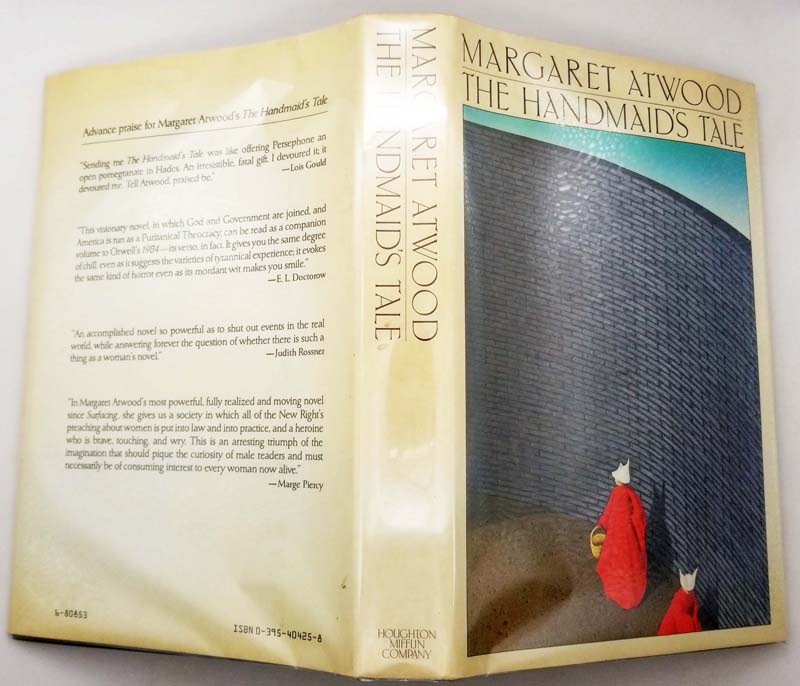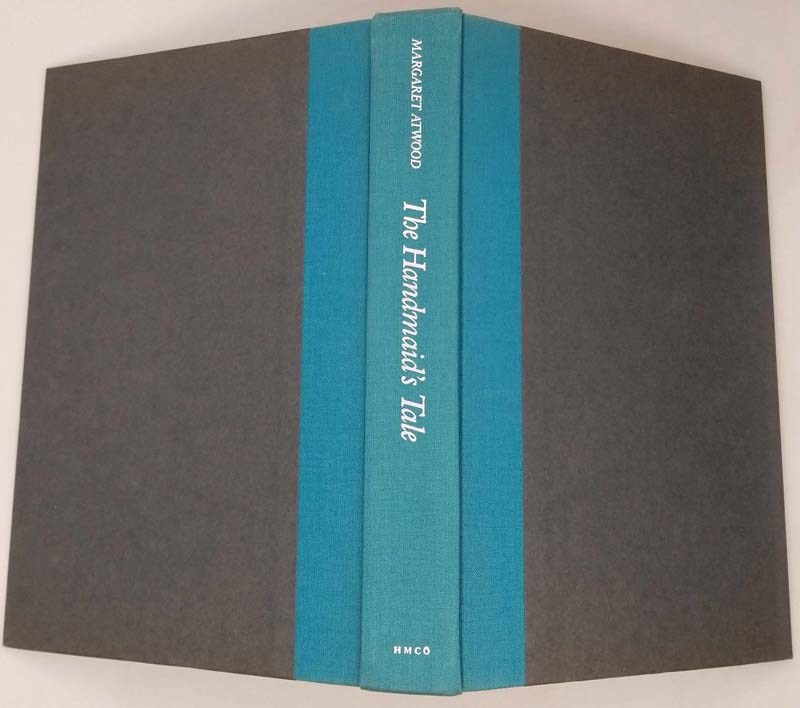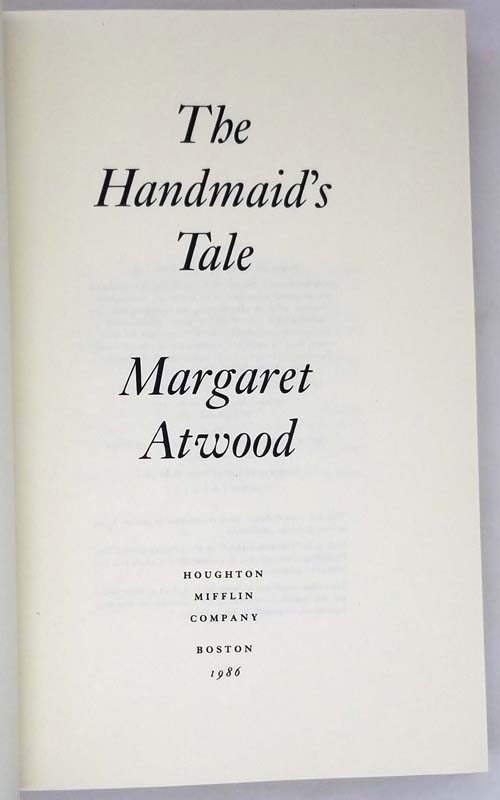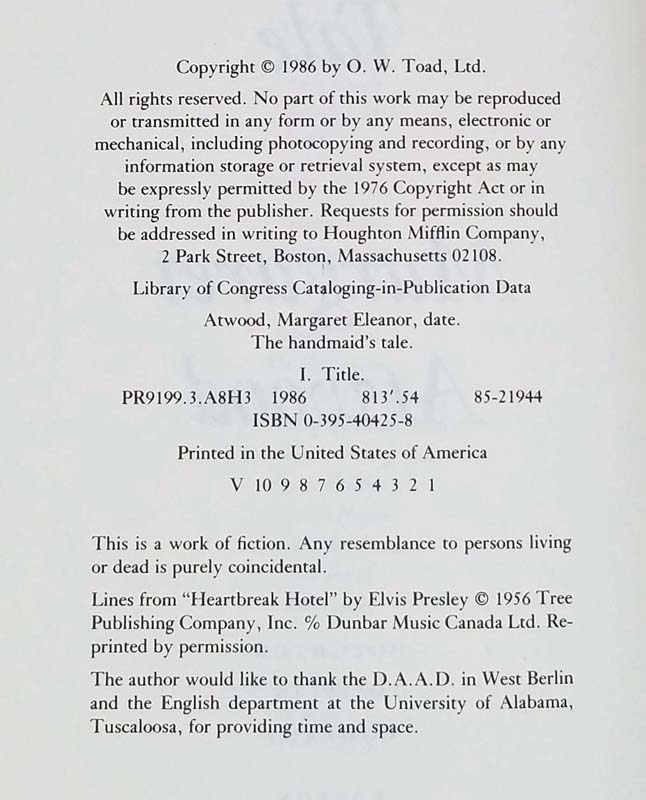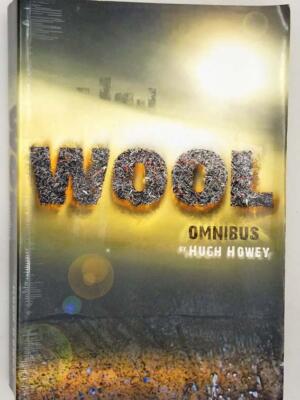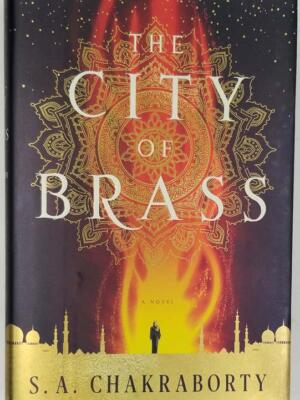The Handmaid’s Tale (1985) by Margaret Atwood is a dystopian masterpiece set in the near-future theocracy of Gilead, where fertile women like Offred are enslaved as “Handmaids” to bear children for the ruling class. Stripped of her name, family, and autonomy, Offred navigates a world of ritualized rape (“The Ceremony”), surveillance, and brutal punishment, her inner monologue blending despair with dark humor.
Atwood’s spare, chilling prose—rooted in real historical oppressions—explores gender, power, and resistance. The novel’s ambiguous ending and “Historical Notes” epilogue (a 2195 academic lecture) underscore its warning about complacency.
A cultural touchstone, adapted into an award-winning TV series, The Handmaid’s Tale remains terrifyingly relevant.
